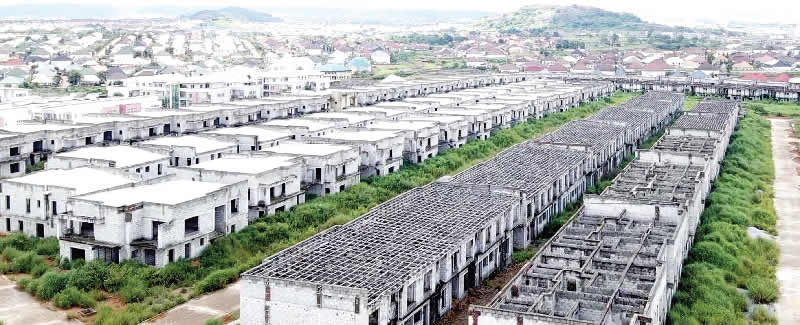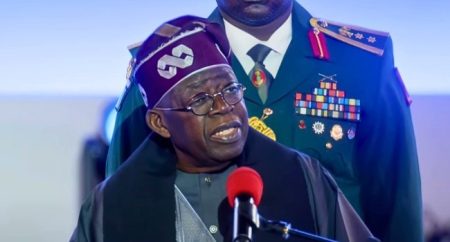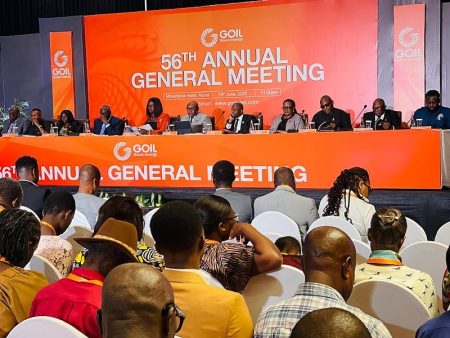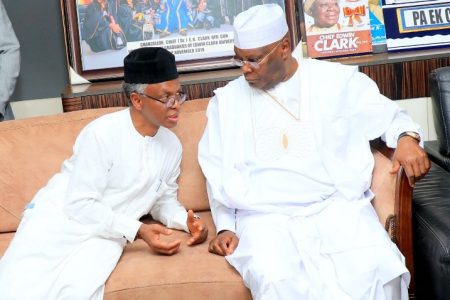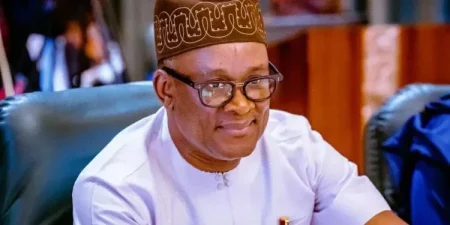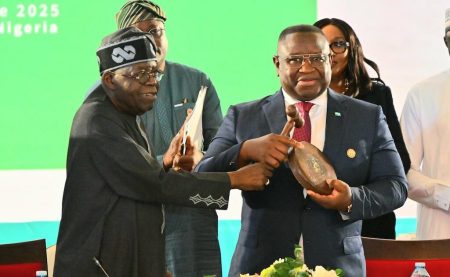Paragraph 1: The Federal Ministry of Housing in Nigeria has established an internal committee to review a 753-unit housing project in Abuja. This project has become entangled in the legal proceedings against Godwin Emefiele, the former Governor of the Central Bank of Nigeria (CBN). While the project is linked to Emefiele, the Ministry insists that the committee’s work is strictly internal and separate from the EFCC’s ongoing case against him. The committee’s mandate is to assess the project’s current status, including the number of completed units, the overall quality of construction, and the resources required for its completion.
Paragraph 2: A Ministry official, speaking on the condition of anonymity, confirmed that the committee’s report is nearing completion and will soon be released to the public. The official stressed that the committee’s focus is solely on the housing project itself and not on Emefiele’s legal battles. Once the committee submits its report to the Minister of Housing, it will be forwarded to the President for a final decision on the project’s future, including its potential sale. The official emphasized that any decisions regarding Emefiele’s involvement or the legal implications related to the project are beyond the Ministry’s purview and rest with higher authorities.
Paragraph 3: The controversy surrounding the housing estate stems from allegations that Emefiele misused public funds during his tenure as CBN Governor. The Economic and Financial Crimes Commission (EFCC) seized the estate as part of its ongoing investigation into these allegations. Emefiele’s legal team has challenged the seizure and filed an appeal, seeking an injunction to halt any potential sale of the property until the legal proceedings are concluded. This legal action adds another layer of complexity to the situation and further underscores the separation between the Ministry’s internal review and the broader legal case against Emefiele.
Paragraph 4: The Federal Government has indicated its intention to sell the estate to low- and middle-income Nigerians, aiming to provide affordable housing solutions. This plan, however, is contingent upon the outcome of Emefiele’s legal challenges and the President’s final decision after receiving the Ministry’s report. The government’s objective is to maximize the utilization of the already developed units and address the housing needs of a significant segment of the population. The potential sale represents a complex balancing act between addressing public needs, respecting legal processes, and navigating the implications of the ongoing corruption investigation.
Paragraph 5: The Ministry’s internal review serves as a critical step in determining the viability and future direction of the housing project. The committee’s assessment will provide essential information about the project’s current state, enabling informed decision-making regarding its completion and potential sale. The separation of the committee’s work from the EFCC’s legal proceedings allows for a focused evaluation of the project’s physical and financial aspects, independent of the ongoing legal battles. This separation ensures that the project’s assessment is not clouded by the legal complexities surrounding Emefiele’s case.
Paragraph 6: The case of the 753-unit housing estate highlights the complex interplay between government projects, legal proceedings, and public interest. The Ministry’s careful approach underscores the importance of due diligence and transparency in managing public assets, particularly when they become embroiled in high-profile legal cases. The ultimate fate of the estate remains uncertain, pending the outcome of various intersecting factors: the committee’s findings, the President’s decision, and the resolution of Emefiele’s legal challenges. The situation underscores the need for a balanced approach that respects legal processes while ensuring the optimal utilization of public resources for the benefit of the Nigerian people.





